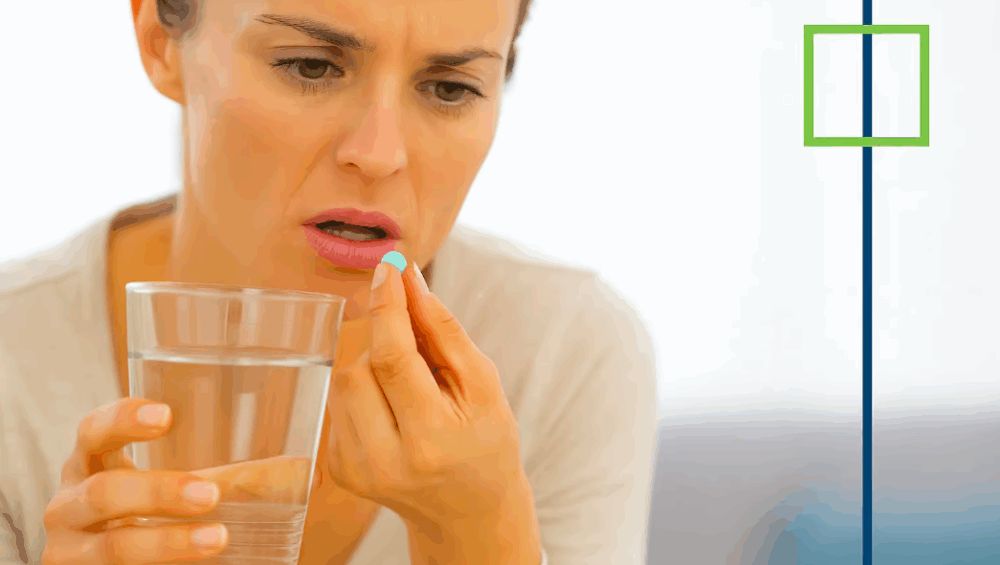When patients ask me about the best time of day to take antidepressants for anxiety, I usually tell them it is not the same for everyone. Some people feel more alert or even restless after their dose, so mornings make sense. Others find that their medicine makes them a little drowsy, in which case evenings are better. The type of drug, the person’s daily routine, and how their body handles side effects all matter.
My role as a doctor is to work with them to find the safest anxiety medication and the schedule that actually fits their life. Some people benefit more from morning dosing, while others do better with an evening schedule. As a physician, my responsibility is to guide each patient toward the safest anxiety medication and determine the timing that will provide the most relief with the least disruption to daily life.
Why timing matters
Antidepressants differ in how they affect alertness and sleep. Some medications may produce mild activation (increased energy or restlessness) while others can cause sedation. For patients who become more alert after a dose, morning dosing reduces the chance of nighttime sleep disruption. For those who feel drowsy, evening dosing can improve sleep and function. Consistent daily timing also helps maintain steady blood levels, which supports effectiveness. (Npjournal.org)
Morning dosing: when it helps
Many clinicians recommend morning dosing for selective serotonin reuptake inhibitors, which are among the top anxiety drugs prescribed today. Morning dosing is especially useful when a medication causes activation, jitteriness, or increased anxiety at first. Taking the dose in the morning allows any early side effects to wear off during the day and prevents them from interfering with sleep. For patients with insomnia related to anxiety, choosing a medication that tends not to sedate and taking it in the morning is a practical strategy.
Evening dosing: when it helps
If a medication tends to cause drowsiness or fatigue, evening dosing can be therapeutic. Some antidepressants have sedative properties that help with sleep onset and maintenance. In those cases, taking the dose before bedtime can relieve anxiety that arrives at night and improve overall sleep quality. Always consider workplace safety and daytime responsibilities when choosing evening dosing, since residual sedation after waking may affect performance.
Safety and choosing the right drug
Questions such as What is the number 1 drug for anxiety are common, but there is no universal number one. Effectiveness and safety vary by diagnosis and by the patient. In general, SSRIs such as sertraline and escitalopram, and SNRIs are often preferred because they balance efficacy with a favorable safety profile. The phrase safest anxiety medication is useful when discussing comparative risks, but safety must be individualized. Factors that matter include age, medical history, possible drug interactions, pregnancy plans, and prior treatment response.
Practical advice for patients on the best time of day to take antidepressants for anxiety
Start with clinical guidance. If a drug causes activation, try morning dosing. If it causes sleepiness, try evening dosing. Maintain the same time each day to promote stable levels. If side effects are intolerable or persistent, speak with your prescriber before changing dose or schedule. For some patients, trial and error is necessary to find the optimal regimen.
Final thoughts
Deciding between morning and evening dosing is a clinical decision made with the patient. We weigh the medication’s effects, the patient’s sleep pattern, and daily obligations. While many of the top anxiety drugs are effective, the safest anxiety medication for any individual is the one that relieves symptoms with tolerable side effects and minimal risk. When patients ask what is the number 1 drug for anxiety, my answer is that the best drug is the one tailored to their condition and their life. Work closely with your healthcare provider to choose the medication and dosing schedule that will provide the greatest benefit with the least harm.






